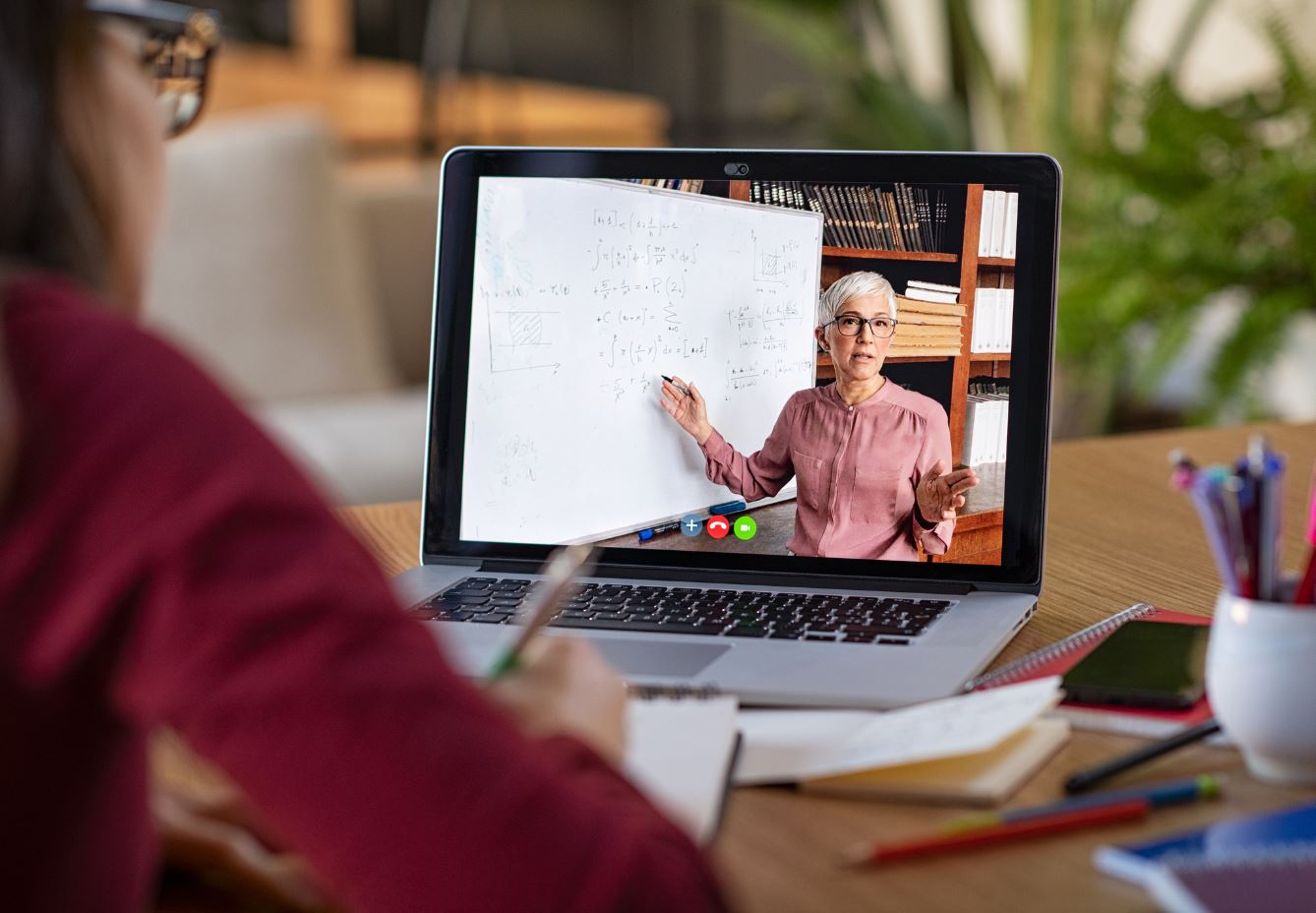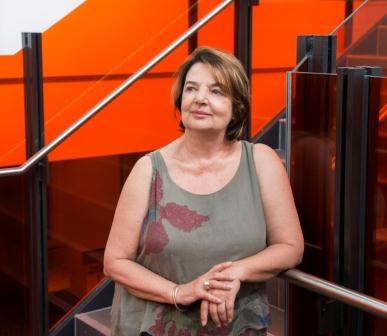
With the turn to online education during COVID-19, a program to help school students with self-regulated learning is in the spotlight in South Australia.
“Learning can be improved, and it is more effective when students can control their motivational states, use effective strategies to manage their thinking, and reflect upon their learning processes and outcomes,” says Flinders University researcher Professor Stella Vosniadou.
Self-regulated learners have the knowledge and skills required to reflect on their own learning, especially on the areas they need to improve, Professor Vosniadou says in a new paper.
The Australian Science and Mathematics School (ASMS) at Bedford Park has introduced self-regulated learning skills into its curriculum through its Learning Studies Program.
A joint project between Flinders University and ASMS, supported by a Discovery grant from the Australian Research Council, is currently investigating ways to help teachers from schools in the larger Adelaide area to learn how to promote independent and self-regulated learning in their classrooms.
“The students discuss the subjects they are doing, the difficulties they are facing, and articulate and revise their goals. The teacher provides information relevant to knowledge about learning and learning strategies, such as time management, goal setting, and positive mindset,” Professor Vosniadou says.
There is evidence that such programs can help teachers create learning environments conducive to self-regulated learning.
“These programs require that educators give less emphasis to providing only subject content and more emphasis on helping students acquire the skills and strategies needed to understand content critically, to create independent learners.”
Professor Vosnadiou says the skills of a self-regulated learner are necessary in order to profit from online instruction, which is becoming the main form of learning in many schools as a result of the COVID-19 crisis.
She points out that a lack of self-regulated learning is also being recognised as a barrier in the transition from secondary education to tertiary. Despite this, many school students do not know much about their own learning process and do not have strategies to manage it.
About one-third of Australian students surveyed stated that they “feel ill-prepared to choose a university course on leaving school”.
One problem is that schools do not have sufficient time or resources to devote to teaching learning skills. Rather, they are pressured to cover course content. Almost all (98.8%) of Australian teachers said that self-regulated learning skills are important, but only 32% included them in lesson planning.
However, Professor Vosniadou points out that the teaching of content is deeply connected with the teaching of strategies about how to critically process this content and that the two should go hand in hand.

Another concern is the inadequate testing of students’ skills to regulate their learning.
“Although students usually do difficult tests on their background knowledge in different subjects, they are very rarely assessed on whether they possess the skills necessary to manage their learning in an effective way,” she said.
“Rather than focusing on just learning content for each subject, promoting self-regulated learning requires that teachers design constructive and interactive tasks that students can use to process content information critically.
“It also requires teaching students the strategies needed for the successful completion of such tasks.”
The article, ‘Bridging Secondary and Higher Education: The Importance of Self-regulated Learning’, has been published in the European Review – Volume 28, Symposium S1 (Mind the Gap Bridging Secondary and Higher Education).
Article by the Media Centre for Education Research Australia – an independent, not-for-profit organisation based in South Australia.

